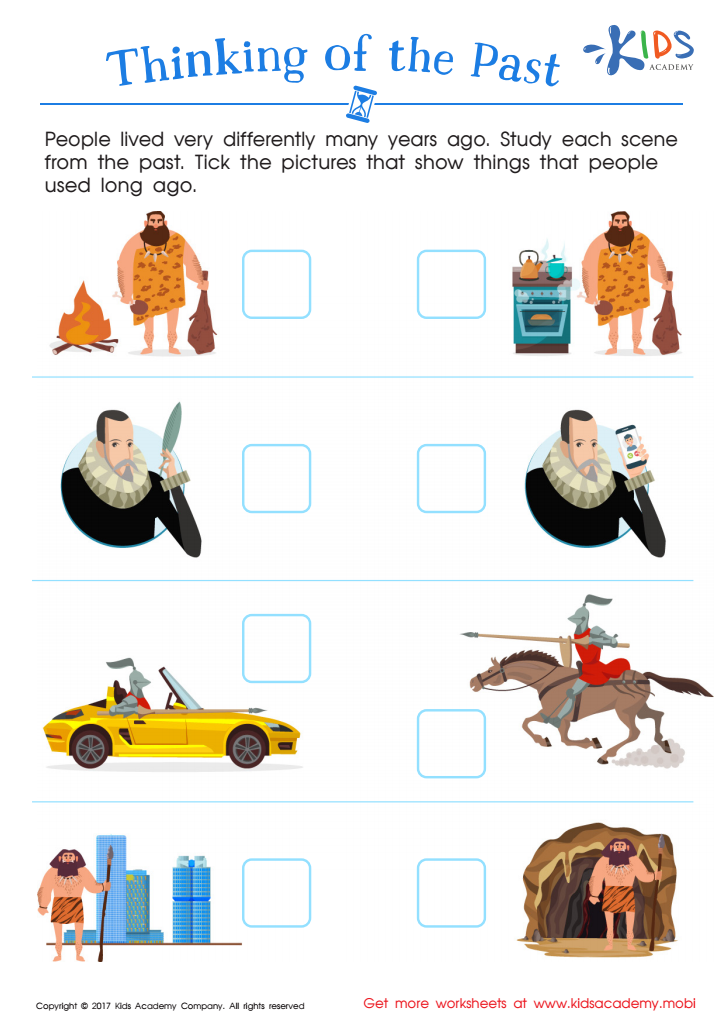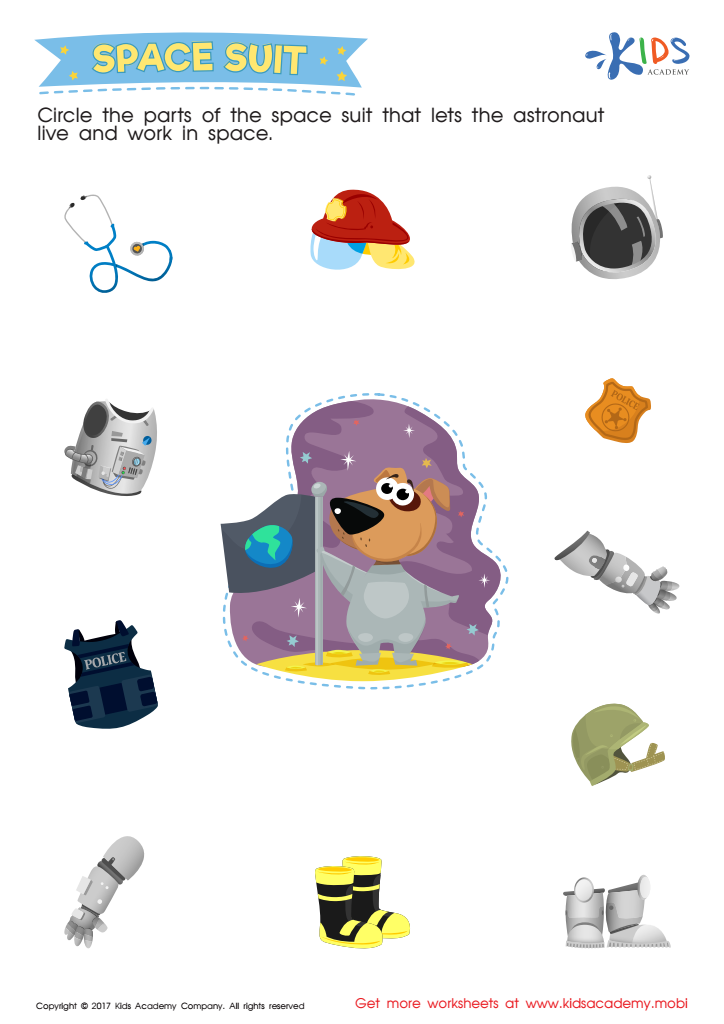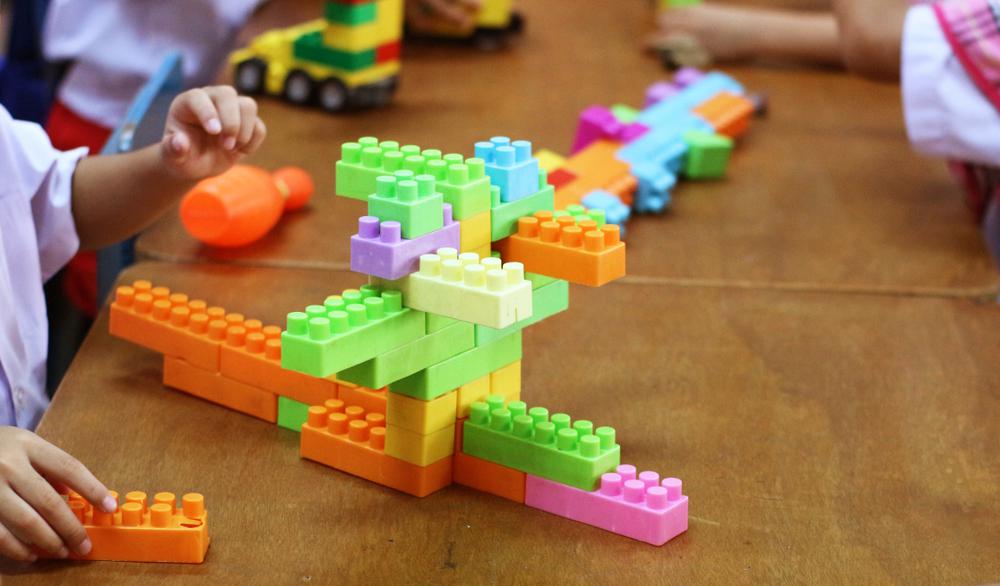Critical Thinking Normal World Around Us Worksheets for Ages 7-9
3 filtered results
-
From - To
Enhance your child's critical thinking skills with our engaging "Critical Thinking Normal World Around Us Worksheets" designed for ages 7-9. These worksheets encourage young learners to explore their environment, analyze situations, and make informed decisions. Through fun activities, children will develop important cognitive skills, such as problem-solving, reasoning, and creativity, while connecting academic concepts to real-world scenarios. Perfect for at-home practice or classroom use, these resources not only stimulate intellectual growth but also promote confidence and curiosity about the world. Download today to inspire your child's love for learning and critical analysis in everyday contexts!


Herbivores Printable


Thinking Past Printable
Parents and teachers should prioritize critical thinking in children aged 7-9 because it forms the foundation for lifelong learning and problem-solving skills. At this age, children begin to develop the ability to analyze, evaluate, and create. By nurturing critical thinking, they learn to approach information with curiosity, asking questions such as “Why?” and “How?” This empowers them to understand the world around them more deeply.
Critical thinking encourages engagement with diverse perspectives, helping children make reasoned judgments rather than simply accepting information at face value. It also fosters independence, as children learn to think through challenges and consider the consequences of their actions. Integrating critical thinking into everyday discussions, activities, and lessons encourages kids to express their thoughts and understand differing viewpoints, which is vital in our interconnected society.
Moreover, strong critical thinking skills lead to improved academic performance, as students learn to analyze texts, solve math problems, and engage in meaningful discussions. In a world full of information, teaching critical thinking equips children to discern fact from misinformation, promoting informed decision-making as they grow. Ultimately, investing in critical thinking now nurtures confident, reflective, and competent individuals ready to navigate an increasingly complex world.
 Assign to My Students
Assign to My Students
















